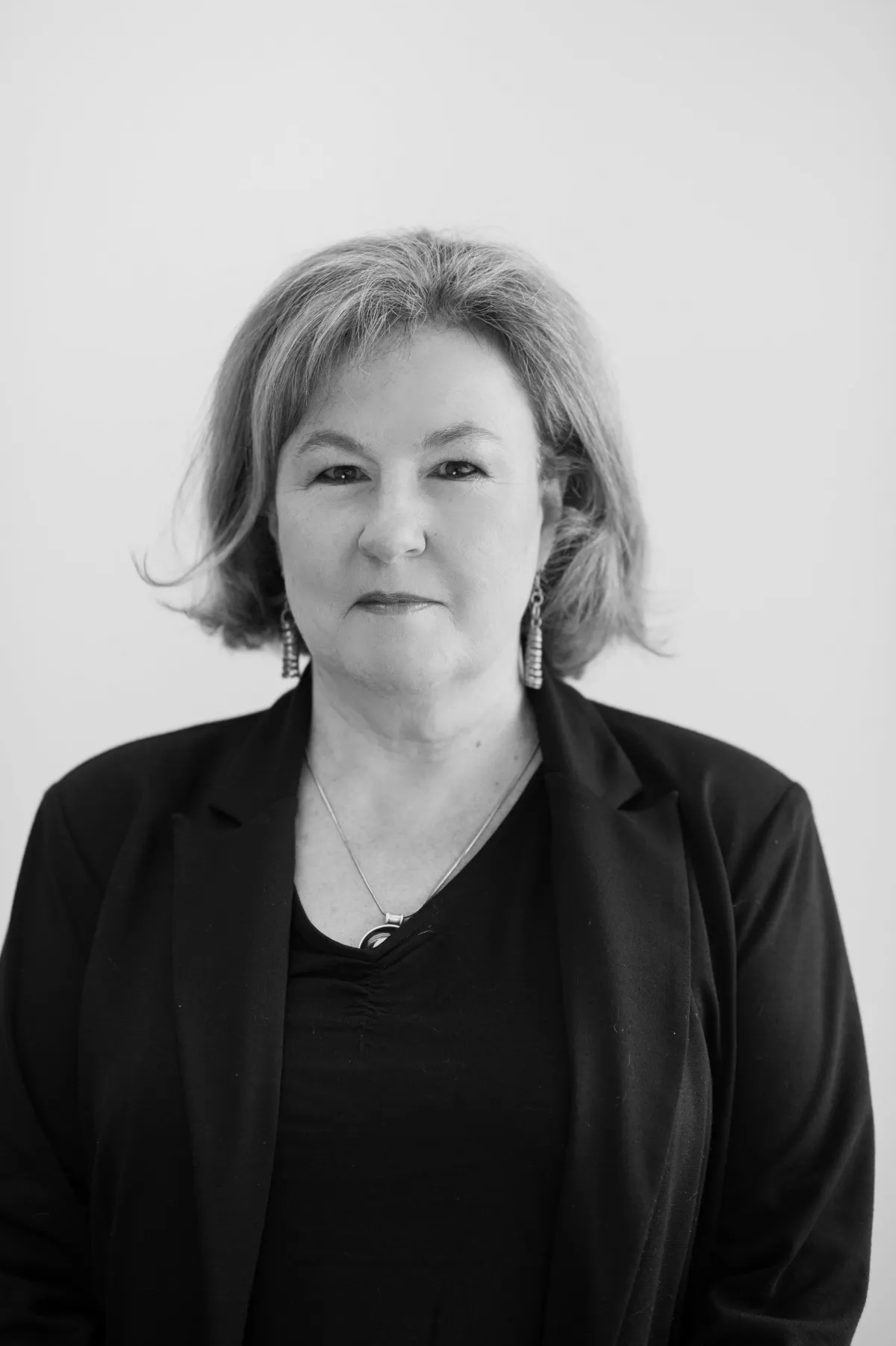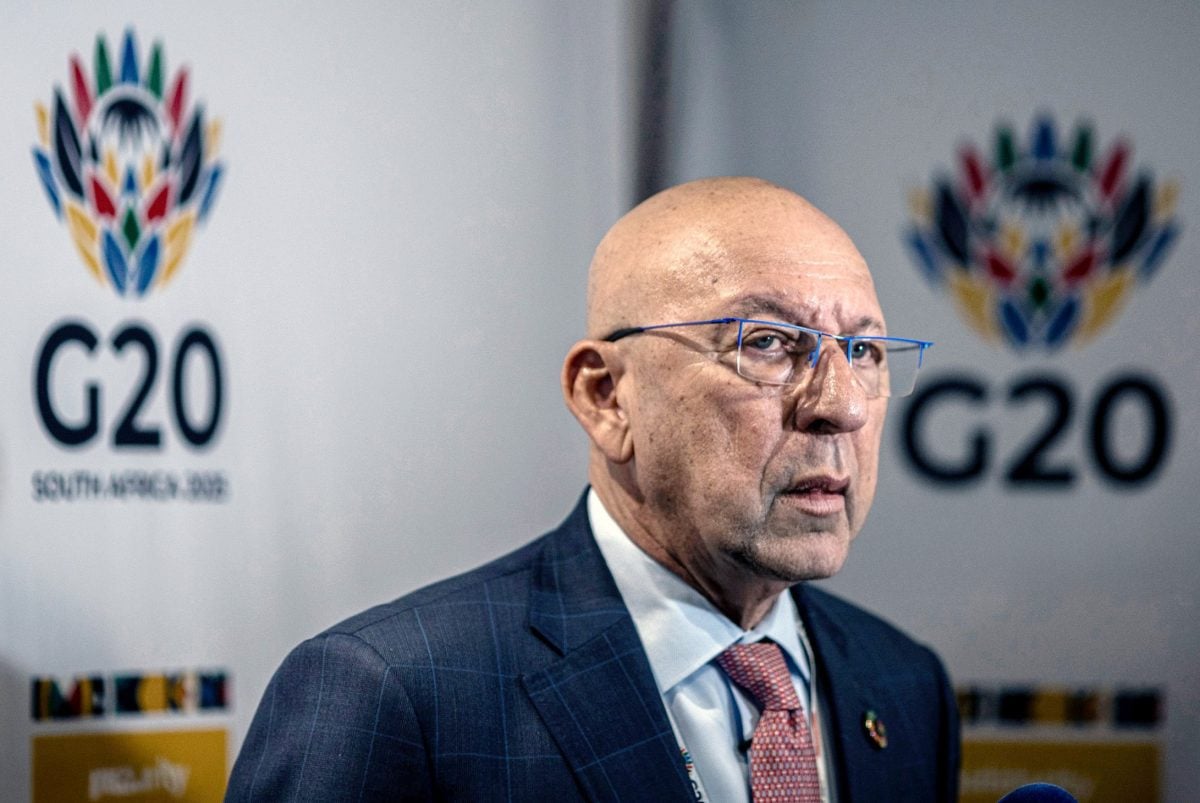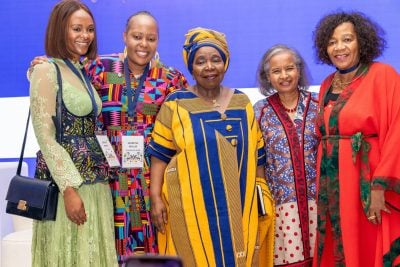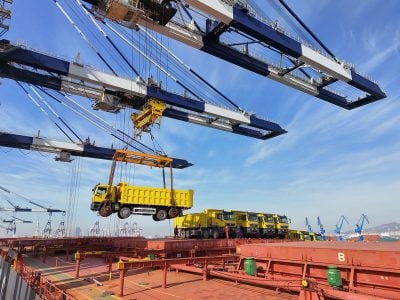Debt relief is high on the agenda in South Africa’s G2-presidency as it uses its hosting of the global forum to champion a more inclusive global system.
In this regard, it established the G20 Africa Expert Panel to address Africa’s debt crisis, among other issues, proposing solutions such as reforming global financial structures, enhancing local currency bond markets, and boosting domestic resource mobilisation.
The expert panel, led by former South African finance minister Trevor Manuel, emphasises a shift from aid to investment-driven growth, advocating reforms that lower capital costs for African nations and increase their agency in development.
The panel also counts among its 25 members African Development Bank Vice president and Chief Economist Kevin Urama, MIT Professor Esther Duflo, former World Bank Chief Economist François Bourguignon, and UN Economic Commission for Africa Chief Economist Hanan Morsy.
The South African government said at the end of 2024, when the Panel was established, that African countries would pay close to $89bn in external debt service alone, with 20 low-income countries currently at risk of debt distress.
More than half of Africa’s 1.3 billion people live in countries that spend more on interest payments than on social issues such as health, education, and infrastructure. Manuel highlights the fact that the lack of fiscal space for countries is holding back development.
The issue of debt is certainly not new to the G20. In 2022, it launched the Common Framework for Debt Treatments, an initiative launched to help low-income countries with unsustainable debt.
This aimed to provide a structured process for coordinating official creditors and included private sector participation to restore debt sustainability through case-by-case debt treatments.
The initiative came in the wake of the Debt Service Suspension Initiative, launched in 2020 to help the poorest countries to mitigate the impact of the Covid-19 pandemic. This expired in December 2021.
However, the new initiative was criticised for being too slow and inefficient. Only four countries (Chad, Ethiopia, Ghana and Zambia), applied for debt treatment under its conditions but the results were unimpressive.
Zambia, for example, requested debt treatment in February 2021 but was only able to sign a Memorandum of Understanding with its bilateral creditors in April 2024. Others were faster but still experienced delays.
Rising debt
Africa’s debt has risen exponentially since the Heavily Indebted Poor Countries (HIPC) and Multilateral Debt Relief Initiatives of the late 1990s and early 2000s, which offered significant relief and sharply reversed the debt-to GDP ratio.
However, since 2012, debt levels have risen rapidly even among those that were beneficiaries of the HIPC programme.
The total external debt stock of Sub-Saharan Africa grew from $425.8 billion in 2012 to $815.7 billion in 2021.
As of 2024, Africa’s total external debt stock was projected to be about $1.17 trillion, while the total public debt (domestic and external) was estimated to be approximately $1.86 trillion.
Africa’s debt-to-GDP ratio has also worsened since 2012, with the median public debt-to-GDP ratio nearly doubling from 28.8% in 2012 to approximately 59.1% in 2022 and stabilizing at around 68.6% in 2023 and 65% in 2024, according to Afreximbank.
Its recent report, State of Play of Debt Burden in Africa 2024, says more than half of African countries are vulnerable.
Africa’s external debt, dominated by long-term debt on the back largely of infrastructure financing, is highly concentrated among 10 countries.
Risk and perception
This has been exacerbated by the high cost of borrowing, with African countries paying punitive risk premiums based on the perception of African risk. A 2023 UNDP study found that African nations pay about $75 billion in interest because of a perceived African risk premium.
The South African presidency has identified the high cost of capital as a significant impediment to the continent’s ability to meet the UN Sustainable Development Goals (SDGs).
Expert panel member Urama told the launch of the body, “African countries pay about 500 percent more in loan interests when they borrow from the global capital markets compared to when they borrow from Multilateral Development Banks such as the African Development Bank Group or the World Bank.”
“Debt service costs in Africa could reach $89 billion in 2025, diverting resources away from investments in education, health and other productive sectors,” he said.
Dr Patrick Njoroge, former Governor of the Central Bank of Kenya and a member of the panel said, “Africa is no longer arriving late to the temple of global affairs, we’re here now, and it’s time our voice reshapes the agenda. This is not an African problem; it’s a global system failure.”
He described Africa’s current situation as a fundamental choice between servicing loans and investing in human development. “The worst debt crisis in a generation is not measured by debt-to-GDP, but by the crushing trade-off: interest payments over education, over health, over climate resilience,” Njoroge said.
The G20 in South Africa has established a Cost of Capital Commission to investigate the structural issues that lead to these high borrowing costs of low- and middle-income countries and provide actionable recommendations for G20 leaders.
The South African efforts complement the work done in setting up a continental Africa Credit Rating Agency, developed by the African Union and its partners, to provide more accurate risk assessments than their international counterparts. The agency will be launched in 2026.
The fear of a knock-on effect of sovereign debt defaults in Africa on other vulnerable countries is growing, particularly from 2024 onwards when significant capital repayments are due on numerous international bonds. Loan defaults reached the highest record in three decades.
The Africa Expert Panel has explored strategies that advance Africa’s collective interests through increased voice, effective representation, and the achievement of a reformed and all-inclusive global economic policy.
South Africa recognises that the Common Framework needs to be improved and has examined lessons learned from past processes.
The G20 highlighted the importance of enhancing debt transparency from all stakeholders, including private creditors, who are now part of the complex tapestry of debt.
There are efforts to provide a platform for countries to share experiences and solutions. During 2025, South Africa held a side event, co-hosted with the African Development Bank, to reflect the voices of borrower countries on debt in the G20. Fourteen countries shared their perspectives on debt sustainability.
An outcome document was drafted to capture their recommendations.
The Africa Expert Panel is due to produce a report on the debt problem and other issues affecting Africa for the upcoming G20 Johannesburg Summit in November. It is expected to provide a toolbox on the choices, instruments and resources required to achieve better outcomes and consider what is needed for a global sustainable-finance architecture.

 Sign in with Google
Sign in with Google 



